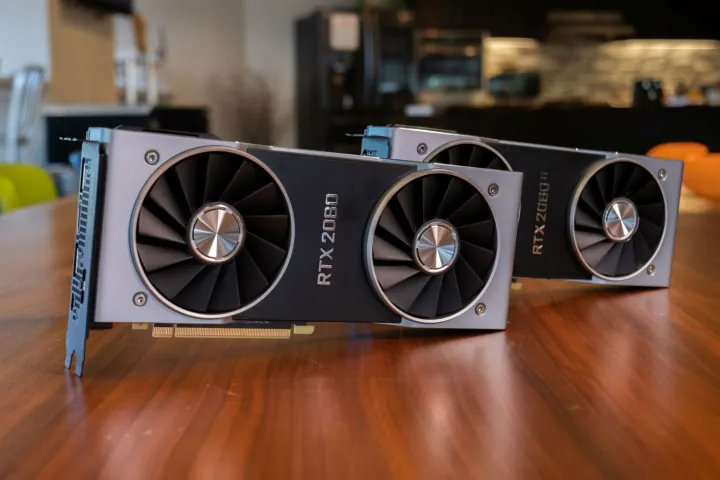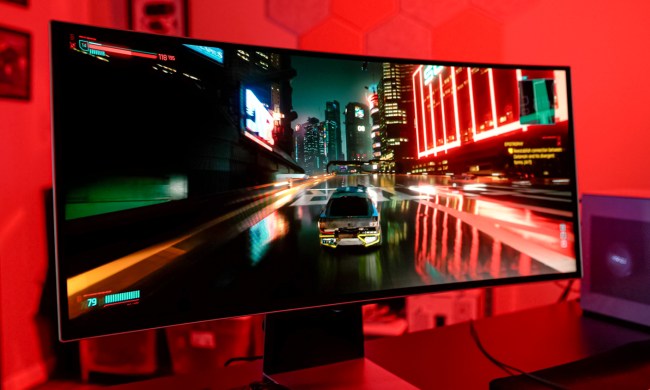
After weeks of speculation, rumors, and mounting evidence that Nvidia’s RTX 2080 Ti Founders Edition graphics cards were experiencing a serious problem that caused many cards to outright die on their new owners, Nvidia has admitted that there’s a problem. It hasn’t explained what it is, but has alluded, in a roundabout manner, that the problem managed to sneak past quality control somehow. It also pledged to continue to work with affected consumers.
Following a somewhat contentious debut in August, the 2080 Ti Founders Edition card reviewed rather well, offering the only major leap in performance of any RTX card over the last-generation Pascal alternatives, despite its high price tag. But soon reports began to emerge of the $1,200 cards dying and in alarming numbers. Nvidia initially claimed there was no widespread problem, but its new statement contradicts that, with as little admission of fault as possible.
“Limited test escapes from early boards caused the issues some customers have experienced with RTX 2080 Ti Founders Edition,” Nvidia’s said in a statement posted on the GeForce forums. “We stand ready to help any customers who are experiencing problems. Please visit www.nvidia.com/support to chat live with the NVIDIA tech support team (or to send us an email) and we’ll take care of it.”
Although Nvidia doesn’t detail what the problem with the cards actually is, it does admit that it slipped through its quality assurance testing. It also confirms that it is the Founders Edition version of the 2080 Ti that is the main culprit for dead and dying Turing cards.
That said, there have been some reports (though far fewer) of third-party manufacturer 2080 Ti cards experiencing issues too. The most drastic was the case of a HardOCP forum user, whose EVGA 2080 Ti XC graphics card actually caught fire during operation. No other reports of RTX-series graphics cards developing such flammable features have appeared as of yet, with most issues facing the Founders Edition cards resulting in artifacting, black-screens, blue-screens, and crashes.
Reports still exist of problematic 2080 Ti cards on the Nvidia forums, but they do appear to be lessening, so it may be that we’re out of the woods at this point. That said, if you’re considering buying a 2080 Ti, we would caution doing so just yet, to see if whatever changes Nvidia have made have fixed the issue. Black Friday is just around the corner too. Who knows what deals you might find then?




